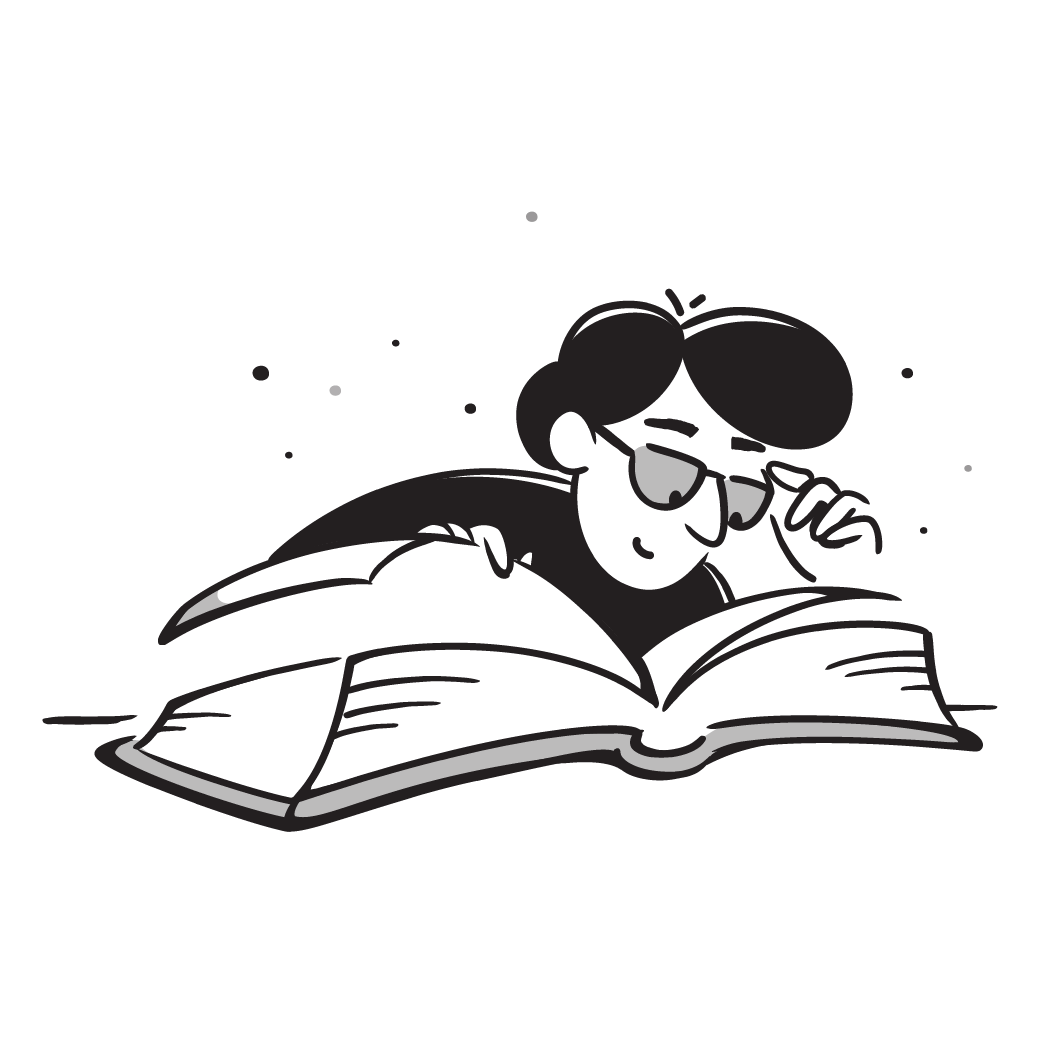
Reading Comprehension - different text types (AI generated)
Objective:
The students practice reading and understanding literary texts and exercise formats they are likely to encounter in exam settings.
Contents and methods:
The worksheet contains an text written by AI on a topic and in a format of your choice and several reading comprehension exercise formats. The teacher can delete the exercises that are not needed.
Skills:
- Reading Comprehension
Target group:
Grade 10 and higher
73 other teachers use this template
Target group and level
Grade 10 and higher
Subjects
Reading Comprehension - different text types (AI generated)

Read the text and complete the tasks.
The Paradox of Free Will: A Philosophical Inquiry
In the realm of philosophical discourse, few concepts have been as persistently debated and scrutinized as the notion of free will. From the ancient musings of Aristotle to the contemporary analyses of Daniel Dennett, the question of whether humans possess the ability to make choices independent of external influences remains a cornerstone of intellectual exploration.
At its core, free will is the idea that individuals have the capacity to make decisions that are not wholly determined by prior causes or divine intervention. This concept is integral to our understanding of human agency, morality, and justice. It suggests that we are not mere automatons, but rather beings capable of shaping our destinies through conscious, deliberate action.
However, the assertion of free will is not without contention. Determinism, the belief that all events are determined by preceding causes, presents a formidable challenge to the notion of autonomous choice. If every action is the inevitable result of a prior state, the concept of free will becomes an illusion. This deterministic view is supported by scientific perspectives, particularly in the fields of neuroscience and genetics, which indicate that our decisions may be heavily influenced by biological and environmental factors.
Yet, the debate does not end here. Compatibilists argue that free will and determinism are not mutually exclusive. They propose that free will can exist within a deterministic framework, suggesting that our choices, while influenced by prior causes, still reflect our personal desires and intentions. This perspective seeks to reconcile the apparent contradiction between human agency and causal determinism, paving the way for a more nuanced understanding of free will.
Moreover, existentialist philosophers such as Jean-Paul Sartre emphasize the role of individual freedom in defining human existence. According to Sartre, we are "condemned to be free," burdened with the responsibility of creating meaning through our choices. This existentialist view underscores the profound implications of free will, asserting that our decisions shape our identities and moral values.
The implications of free will extend beyond philosophical speculation, influencing legal systems, ethical frameworks, and societal norms. The belief in free will underpins notions of accountability and culpability, suggesting that individuals are responsible for their actions. Conversely, if free will is an illusion, it raises critical questions about justice and punishment.
In conclusion, the paradox of free will continues to challenge our understanding of human nature and the universe. Whether we view it as an inherent aspect of our existence or an elaborate illusion, the concept of free will remains a pivotal issue in philosophical inquiry. As college students, engaging with this debate encourages critical thinking and fosters a deeper appreciation of the complexities of human agency and moral responsibility.